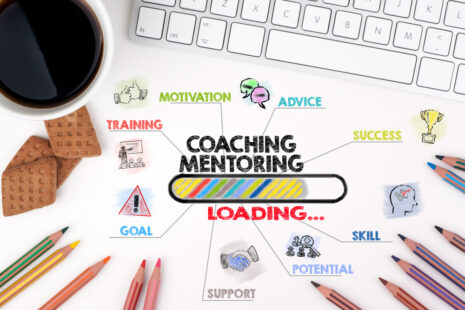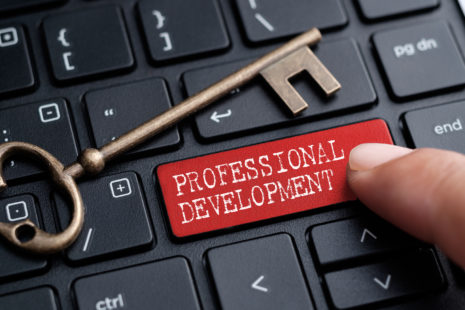How does the life coaching process typically work, and what can I expect from a coaching session?
Life coaching is a collaborative process between a coach and a client that aims to help the client achieve personal and professional goals, overcome challenges, and enhance their overall well-being. While the specific details of the coaching process can vary depending on the coach’s approach and the client’s needs, here is a general overview of how life coaching typically works:
-
Initial Assessment and Goal Setting:
-
- The coaching relationship often begins with an initial assessment or discovery session. During this session, the coach and client get to know each other, discuss the client’s background, and identify the areas of life that the client wants to focus on and improve.
-
Establishing a Coaching Agreement:
-
- The coach and client typically establish a coaching agreement, which includes details such as the frequency and length of sessions, the mode of communication (in-person, phone, video, etc.), and the fees involved.
-
Setting SMART Goals:
-
- SMART goals are Specific, Measurable, Achievable, Relevant, and Time-bound. Together, the coach and client work on setting clear and actionable goals that provide a roadmap for the coaching process.
-
Exploration and Discovery:
-
- In subsequent sessions, the coach and client explore the client’s values, beliefs, strengths, and challenges. This may involve self-reflection exercises, assessments, and discussions to gain a deeper understanding of the client’s current situation.
-
Action Planning:
-
- Once goals are established and the client’s current state is understood, the coach and client work together to develop a concrete action plan. This plan may involve breaking down larger goals into smaller, manageable steps and setting deadlines for each step.
-
Accountability and Support:
-
- The coach provides support, encouragement, and accountability as the client works towards their goals. Accountability may involve regular check-ins, progress assessments, and adjustments to the action plan as needed.
-
Skill Building and Resources:
-
- Depending on the client’s goals, the coach may provide guidance on developing specific skills, offer resources, or recommend tools and techniques to enhance personal and professional development.
-
Reflection and Feedback:
-
- Throughout the coaching process, there is a continuous cycle of reflection and feedback. The client reflects on their progress, and the coach provides constructive feedback and guidance to help the client stay on track.
-
Closure and Celebration:
-
- As the client achieves their goals or reaches a significant milestone, the coaching relationship may come to a close. The coach and client celebrate successes, reflect on the journey, and discuss strategies for maintaining progress independently.
Summary
It’s important to note that the coaching process is highly individualized, and different coaches may have distinct styles and methodologies. Additionally, the success of coaching depends on the client’s commitment, openness to change, and active participation in the process.





